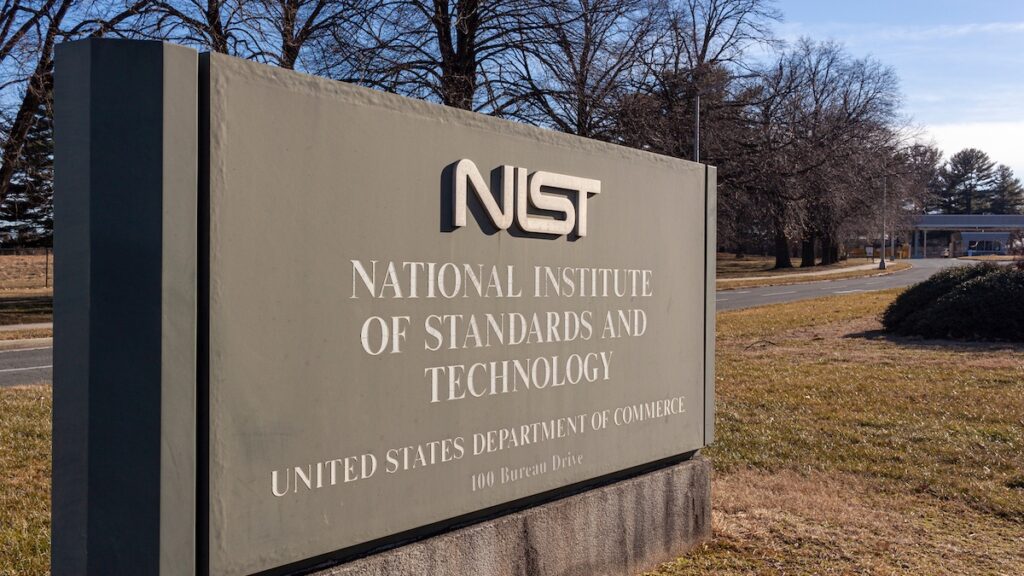
May 31, 2024 at 09:36AM
SecurityWeek compiles important cybersecurity news, highlighting impactful stories. Recent articles cover threats like abusing BitLocker for ransomware, critical data exposure in India, AI-as-a-service vulnerability, and surveillance using Wi-Fi-based positioning systems. Additionally, a memorandum of understanding aims to boost electric sector cybersecurity, while cyberspying targets political entities in multiple regions.
Based on the meeting notes, here are the key takeaways:
1. Threat actors are finding new ways to abuse legitimate features, such as using BitLocker as ransomware, posing a significant risk to data security.
2. The exposure of personal data of Indian military and police personnel highlights the ongoing challenge of securing sensitive information in the digital space.
3. Vulnerabilities in AI-as-a-service platforms, such as Replicate, underscore the importance of thorough security assessments and timely patching to prevent data leaks.
4. Collaboration efforts, like the new MOU in the electric sector, aim to strengthen cybersecurity by prioritizing intelligence sharing about cyber incidents and threats among industry organizations.
5. The misuse of Wi-Fi-based positioning systems for surveillance poses privacy concerns and calls for heightened awareness of the potential misuse of such technologies.
6. Ongoing cyberespionage campaigns targeting political entities across the Middle East, Africa, and Asia demonstrate the persistent threat posed by state-sponsored actors.
7. Security updates, like the removal of GLOBALTRUST 2020 certificates from Chrome root store, reflect the importance of maintaining transparency and addressing incidents promptly to maintain trust in digital certificates.
8. A detailed analysis of the BlackSuit ransomware attack provides valuable insights into the tactics and techniques employed by cybercriminals, highlighting the evolving nature of ransomware threats.
9. Legislative developments, such as Canada’s proposed cybersecurity bill, underscore the ongoing debate surrounding government surveillance powers and the balance between security and privacy.
10. Initiatives like the NIST’s ARIA program highlight the growing focus on assessing the societal risks and impacts of AI deployment, recognizing the need for comprehensive evaluation of AI technologies.
11. The identification of a sophisticated data theft campaign, LilacSquid, targeting multiple sectors, emphasizes the need for robust cybersecurity measures to thwart advanced persistent threats and mitigate data breaches.
These takeaways reflect the diverse and evolving cybersecurity landscape, encompassing technological advancements, threat actor tactics, industry collaborations, and regulatory developments.